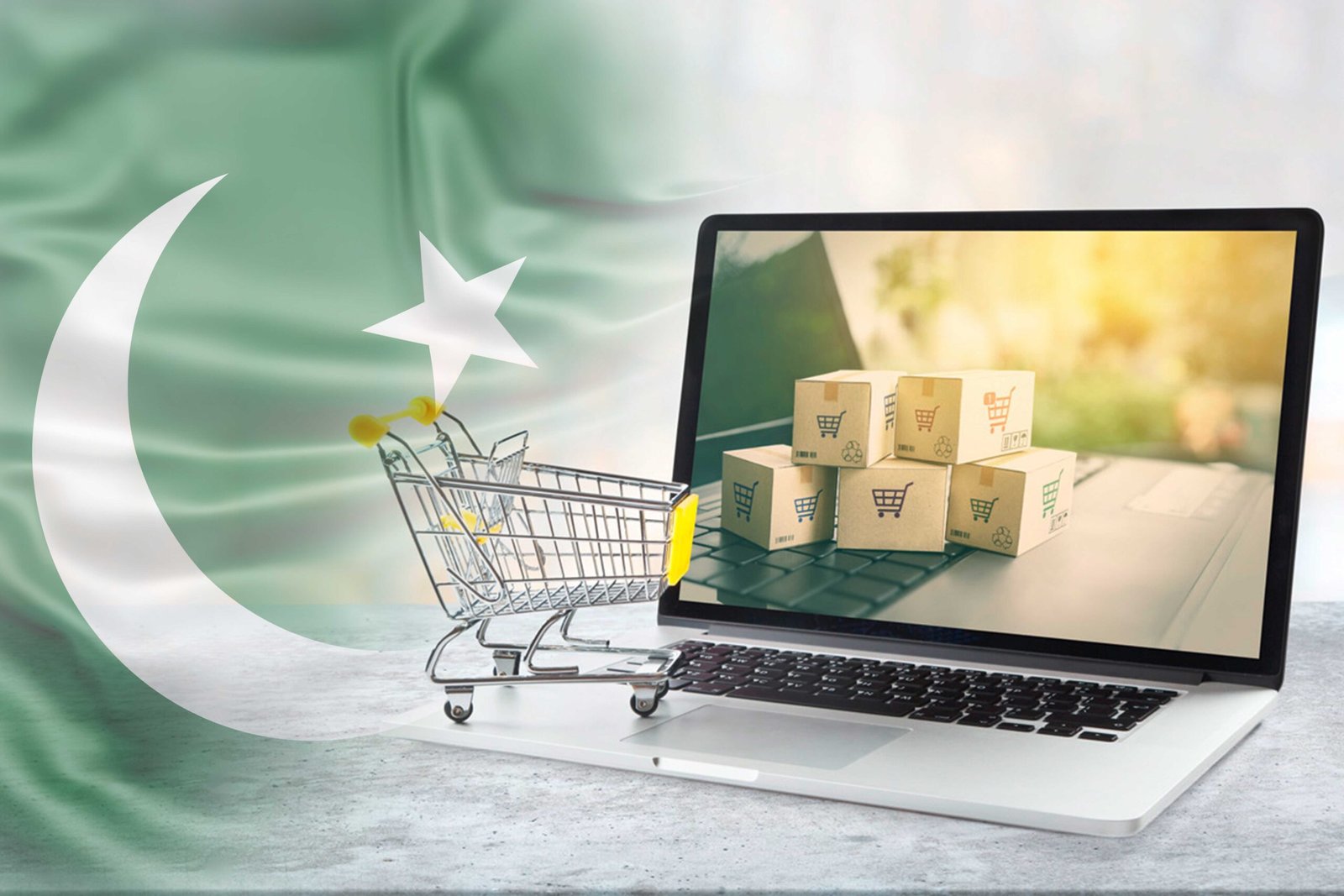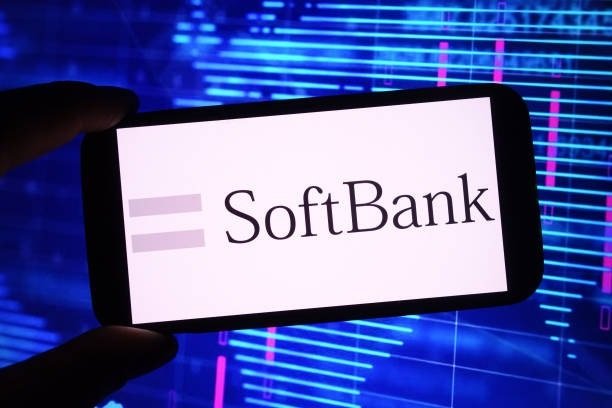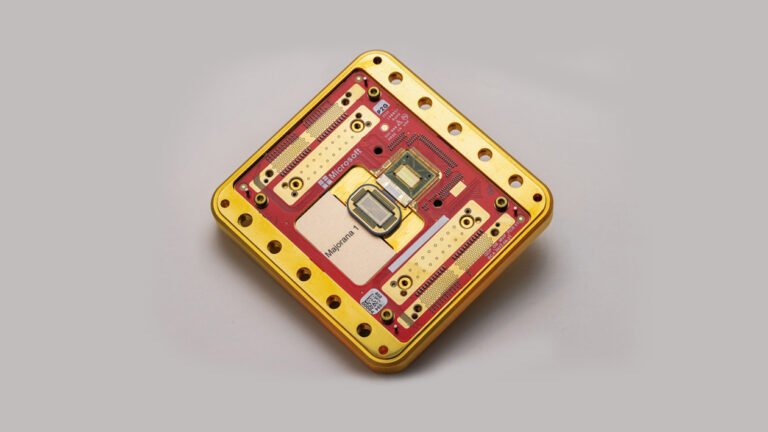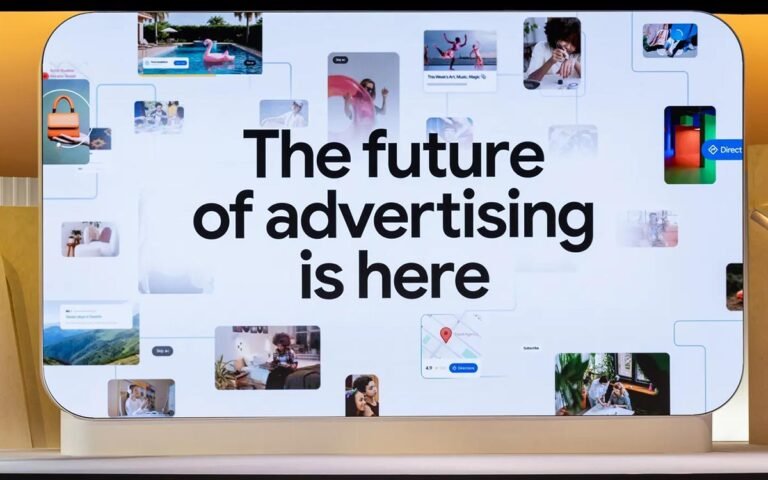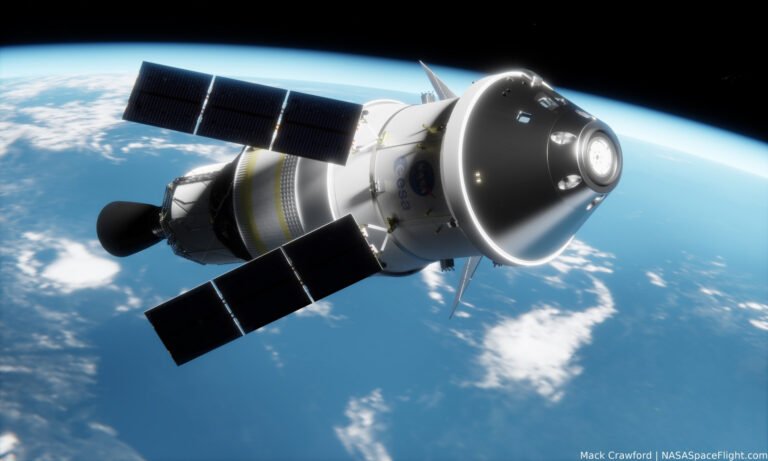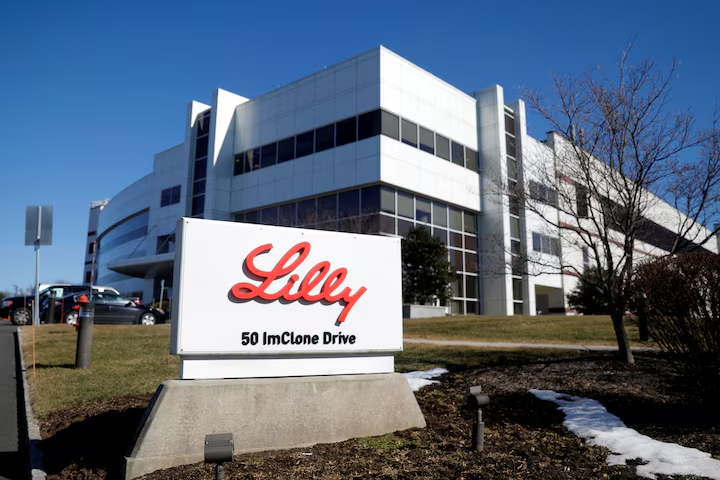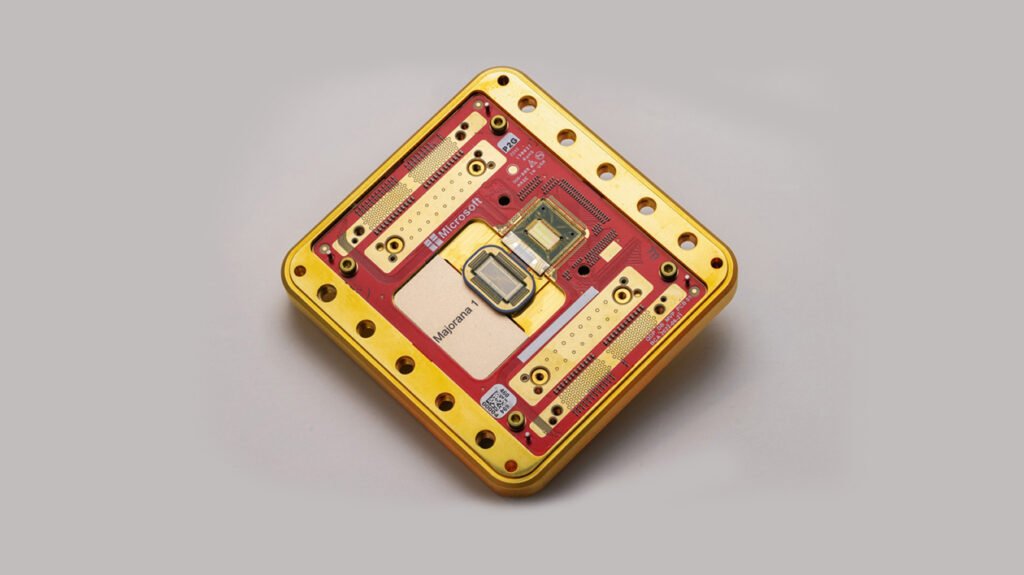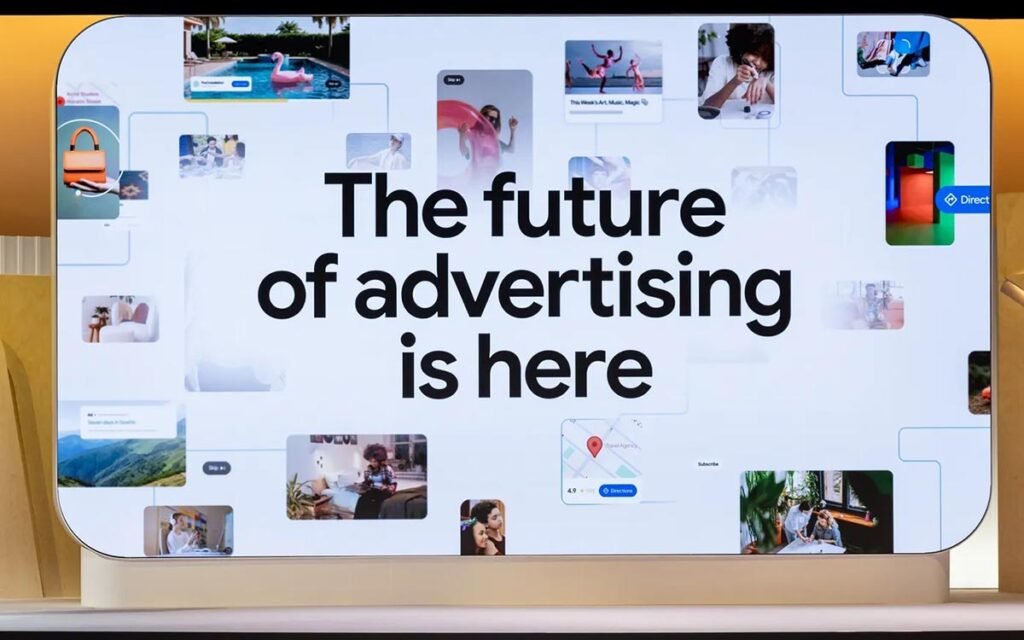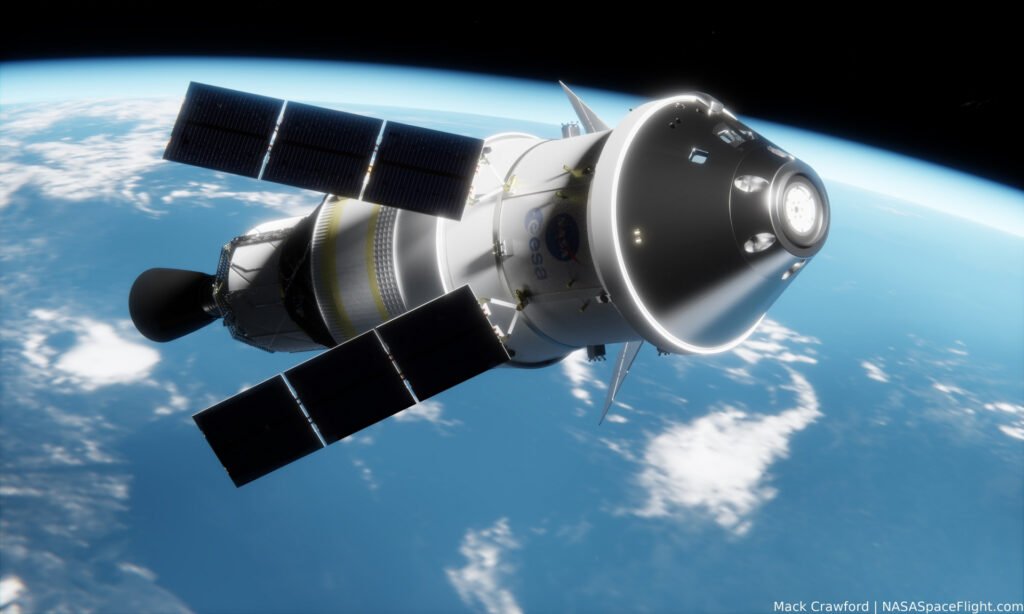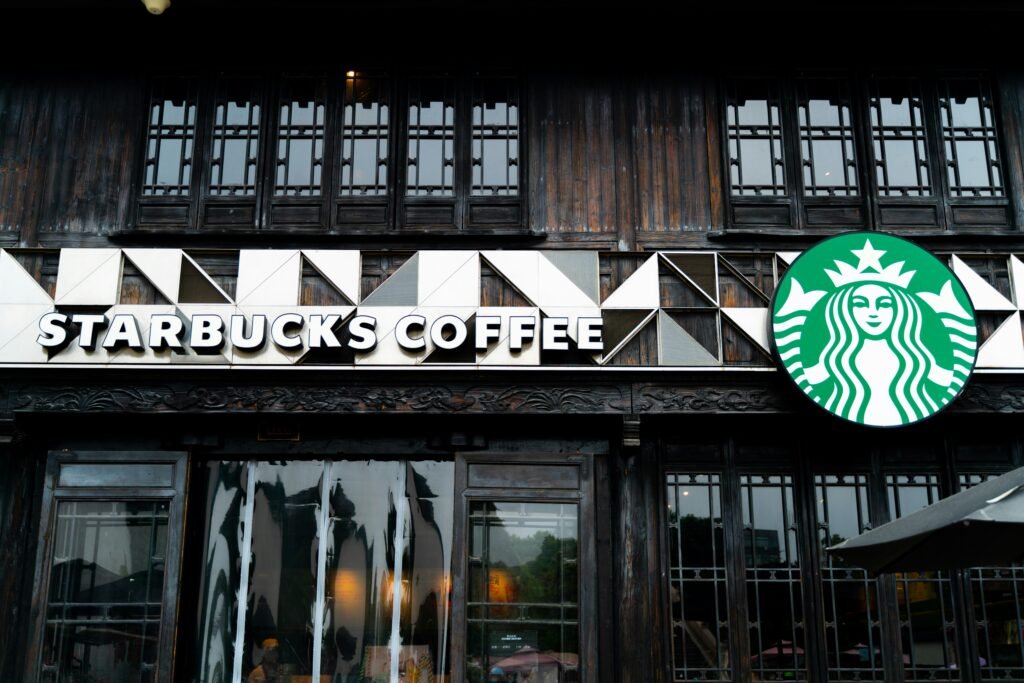The digital marketplace is undergoing a profound transformation. At its core, the synergy between artificial intelligence (AI) and social commerce is creating a new era of online shopping. This revolution is not just a global phenomenon; it intensely impacts markets like Pakistan. Here, AI Social Commerce Pakistan is rapidly reshaping consumer behavior and opening unprecedented opportunities for businesses. This article explores how AI-powered tools and social platforms are merging, driving explosive growth in e-commerce, and providing actionable insights for businesses navigating this dynamic landscape.
AI Social Commerce Pakistan: A New E-Commerce Era
The rise of AI and social commerce marks a pivotal moment for online retail. Globally, search interest for “AI in e-commerce” has soared by over 320% year-over-year, while “social commerce trends” are up by 210%. This indicates massive public interest and business adoption. Pakistan’s e-commerce sector itself reached $7.7 billion in 2024, showing a robust 17% Compound Annual Growth Rate (CAGR) projected through 2027. A remarkable 91% of Pakistani online shoppers use mobile devices, making the market ripe for social commerce integration. This unique blend of AI capabilities, social media engagement, and mobile-first consumer habits defines the emerging landscape of AI Social Commerce Pakistan.
The AI Revolution in Online Retail
Artificial intelligence is fundamentally transforming the entire e-commerce journey. Firstly, AI shopping assistants and virtual try-ons are gaining immense popularity. Over 70% of global shoppers now demand such AI tools, enhancing personalization and reducing purchase hesitation. Secondly, dynamic pricing models, powered by AI, adjust product prices in real-time. Amazon’s algorithms, for example, significantly reduce cart abandonment through intelligent pricing. Thirdly, AI-driven chatbots provide 24/7 customer support. They handle repetitive queries, offer instant assistance, and even guide customers through purchases, boosting satisfaction. Furthermore, AI optimizes inventory management through predictive analytics, ensuring products are always in stock. This holistic application of AI streamlines operations and personalizes experiences.
Social Commerce: Where Pakistan Leads
Social media platforms are rapidly evolving into powerful shopping channels. By 2030, an estimated 70% of consumers will primarily shop through social media. This trend is particularly evident in Pakistan. Daraz, Pakistan’s leading e-commerce platform, commands a significant market share, integrating live-stream shopping and interactive features. Platforms like TikTok Shop are also gaining traction. They allow sellers to create shoppable videos and host LIVE shopping events, directly connecting with passionate communities. The mobile-first nature of Pakistani consumers, with 80% of e-commerce volume coming from mobile devices, perfectly aligns with the rise of social commerce. This makes social media a primary sales channel, especially for new brands.
Pakistan’s E-Commerce Surge: Growth & Regulations
Pakistan’s e-commerce market continues its impressive growth trajectory, projected to hit $12 billion by 2027. Several factors fuel this expansion. Increased smartphone adoption and greater consumer trust in digital shopping play crucial roles. Mobile payments, with 80% of transactions via smartphones, drive convenience, despite cash-on-delivery still dominating at 75%. Recent regulatory changes also impact the market. The Budget 2025-26 introduced a new 5% tax on digital services provided by foreign e-commerce vendors, including platforms like Netflix and Amazon. This aims to level the playing field and boost local e-commerce players. Businesses must adapt their strategies to these evolving local market dynamics and tax implications.
Crafting Content with AI for Sellers
AI tools are empowering e-commerce sellers to create compelling content efficiently. Shopify Magic, for example, generates product descriptions and optimizes SEO with AI assistance. Platforms like ChatGPT can write high-converting ad copies, drastically reducing marketing costs. Kalshi’s $2,000 NBA ad, fully generated by AI, exemplified this cost-effectiveness compared to traditional $500,000 productions. Moreover, AI tools facilitate hyper-personalization in marketing campaigns and product recommendations. They analyze customer behavior to offer tailored suggestions, boosting conversions. AI-powered visual and voice search capabilities also make product discovery faster and more intuitive for shoppers. These innovations provide a competitive edge for sellers.
The Future of AI Social Commerce Pakistan
The convergence of AI and social commerce is not a passing trend; it is the future of online retail. For businesses in Pakistan, embracing AI Social Commerce Pakistan means leveraging tools that personalize customer journeys, optimize operations, and create seamless shopping experiences. Integrating AI in fraud detection, supply chain management, and content creation becomes essential for sustained growth. While challenges like digital payment adoption persist, the market’s mobile-first orientation and consumer readiness for digital innovation present immense opportunities. Adapting to these changes allows businesses to unlock new revenue streams and build stronger connections with their customers.
Conclusion: Embracing AI Social Commerce Pakistan
AI Social Commerce Pakistan is a powerful force, transforming the nation’s digital economy. The insights shared highlight its immense potential. From AI-driven personalization and dynamic pricing to the explosive growth of social platforms, businesses must proactively integrate these technologies. Staying competitive requires understanding local market nuances, such as mobile payment preferences and new tax regulations. As Pakistan’s e-commerce market matures, the strategic adoption of AI and social commerce tools will be critical for achieving remarkable success and securing a dominant position in this exciting new era of online retail.
For more news and updates, please visit PFM Today.

